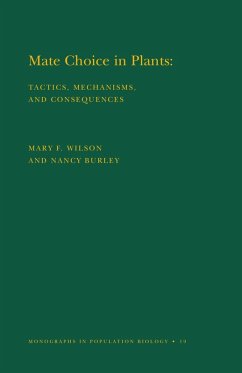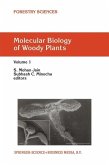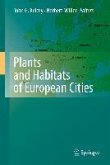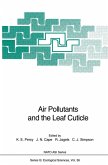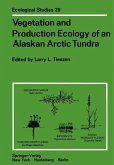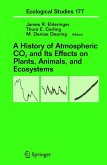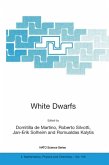This book maintains that higher plants manifest some degree of sexual selection, and it begins to build a framework that unifies many features of plant reproduction previously considered unrelated. Reviewing evidence for sexual selection in plants, the authors discuss possible male-female interactions, concluding with an extensive set of hypotheses for testing.
Mechanisms that could be employed in sexual selection in plants include various cellular mechanisms, such as both nuclear and cytoplasmic genetics, B chromosomes, and paternal contributions to the zygote, as well as abortion, double fertilization, delayed fertilization, and certain forms of polyembryony. This study compares the consequences of these processes for the evolution of mate choice in "gymnosperms" and angiosperms.
Mechanisms that could be employed in sexual selection in plants include various cellular mechanisms, such as both nuclear and cytoplasmic genetics, B chromosomes, and paternal contributions to the zygote, as well as abortion, double fertilization, delayed fertilization, and certain forms of polyembryony. This study compares the consequences of these processes for the evolution of mate choice in "gymnosperms" and angiosperms.
Dieser Download kann aus rechtlichen Gründen nur mit Rechnungsadresse in A, D ausgeliefert werden.

